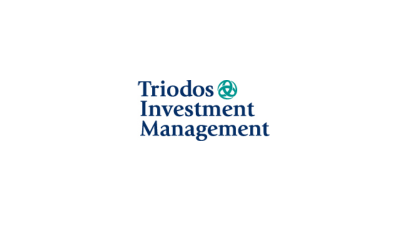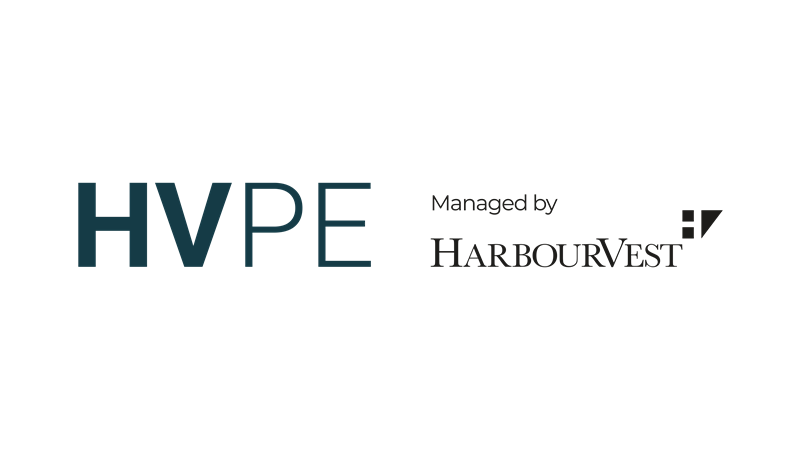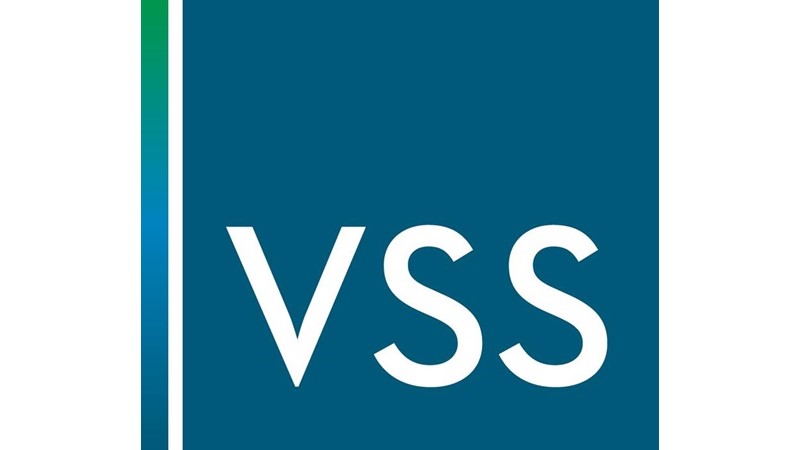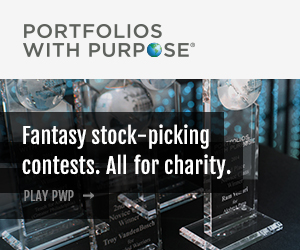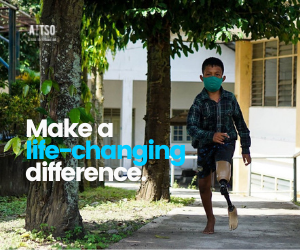A Patient Capital Approach To Transforming Food
Partner Content provided by WM Nexus
Triodos Organic Growth fund applies a patient capital approach to supporting the food transition in Europe.
It borrows from private equity and venture capital approaches, but it does so without some of the usual characteristics.
There is, for example, no hurdle rate for returns and it applies a non-exit driven investment approach.
Triodos Senior Investment Relationship Manager Adam Robbins was speaking at the WM Nexus virtual event ‘Multi-Asset Class Strategies in ESG and Impact.”
“We aim to be a long-term partner through our evergreen or open-ended vehicle. Normally with PE or VC, you have a specific holding period. This is an open-ended structure. It can theoretically exist to infinity so we can have a long-term perspective. It doesn’t mean we will never exit. Since launch in 2014 we have done two divestments as we no longer felt we were the right partner, but when we invest there is no immediate pressure to work towards exit. We can take long term decisions and support the company for a long period of time,” he said.
The fund has spent 8 years building its networks. Currently the fund is managed by a team of four seasoned professionals with Isabelle Laurencin as fund manager.
Since inception, it has invested in 12 companies in eight countries amounting to around €60 million. It currently has 10 holdings with a value of €45 million.
He said the portfolio has a balanced mixture of fast growth disruptive scale ups and more mature, still-growing companies.
“We started with the theory of change – by naturally deciding what is it we wanted to change. We wanted to support moves towards a balanced ecosystem, healthy food and inclusive prosperity,” he said.
That is then expressed through four investment themes: organic and sustainable food companies; fair chain solutions; the shift to sustainable diets including the plant-based movement; and waste solutions and the circular economy including minimising packaging waste.
Maintaining the mission ambition
Considering the range of companies, he said: “The fund has companies in a late stage venture phase – usually the last time they need a capital raise before breakeven. They really need growth capital to scale and disrupt their industries, and then the fund has multiple investments sometimes requiring growth capital or buyout capital for companies that want a mission aligned investor that safeguards the mission ambition.”
He noted that two years ago when ‘DO-IT’, a Dutch organic food importer was undergoing a management buy-in, the board and workers asked that the fund stayed on as shareholder to help ensure that during the transition the firm “wouldn’t lose its original mission and vision”.
He added: “The fact the fund supported the new management gave confidence to the other stakeholders of the business.”
In terms of the impact risk and return, Robbins said that before each new investment, the investment team agrees certain impact KPIs with the company to be reported annually. “The investment team prefers that companies not just report on this, but that the company makes progress on impact as part of their strategy and management decisions.”
The fund publishes an annual online impact report presenting impact on a company and portfolio level. Last year the fund has reported that 28.3 million healthy meals were served in the last year and there was cooperation with 29,000 farmers in 2019. It also reports on the impact from the individual companies, for example, Aarstiderne, an organic meal box company, has a strong focus on minimising food waste by selling excess food in its farm shop to wholesalers, using it for fermentation and juices, donating to the food bank and using it as animal feed. As a result, in 2019, less than 1% of Aarstiderne’s total food purchases went to waste.
By zooming in on European frontrunners, the impact report gives a reader a flavour of the importance and dynamics of the organic and sustainable food sector, presented in the context of stories and numbers.
A healthy meat alternative was hard to find
Another of the fund’s investments demonstrates how the firms can meet more than one impact criteria.
“The French company called HARi&CO offers a plant-based meat alternative. It is growing fast. The company had some difficulties at the beginning of Covid-19 crisis, but it has expanded its offer in retail. The fund is very interested in the meat alternative space, but we always found it difficult to find a company that was not just replacing meat with a plant-based alternative but making sure it was healthy.
“Most products available on the market are highly processed. It is better for the environment, but it is not better for your health. HARi&CO have made a clean product making their substitutes out of beans and pulses and vegetables. They have the highest nutritional score A on the French ‘nutri-score’ labelling system, are organic and are locally sourced. It is a holistic view.”
The newest addition to the portfolio
In August 2020, Triodos Organic Growth Fund became a minority shareholder in the Swiss company Farmy (an online sustainable groceries platform) by participating in their latest growth capital round.
He said: “Farmy is an online retailer where you can order your weekly groceries. It is 100 per cent organic, mostly local, and they deliver products using electric vehicles. In the first half of 2020, Farmy increased its sales by 160% compared to the previous year. With sales of CHF 11.5 million in this period, the young company further strengthened its position as the third largest online food shop in Switzerland. They have built the ecosystem and are ready to expand further.
“When the fund invests, the investment team assesses how the investment fits the criteria. So, how does it contribute to a balanced eco-system - this firm provides local and organic products from the farm with no food waste. On inclusive prosperity, it is sourced from the farms based on consumer demand. That improves the margin for the farmer. It helps create a healthy society, so it is offering fresh produce, there is almost no time-lag.”
Covid-19 will change things
The Covid-19 crisis has benefitted some investments and presented some short-term obstacles for others, but long-term, Robbins believes it will reset the debate.
“Covid-19 showed the boundaries of the current system and boosted awareness regarding importance of the sustainable food supply chain. To come out stronger of the current Covid-19 crisis, impact investing in food transition is more important than ever. Following the recent investment in Farmy, the fund is fully invested, but we are inviting new capital from existing and new investors to expand our activities and impact,” he said.
Delegates then posed a series of questions.
Q: How do you distribute capital? What sort of cash yield and overall internal rate of return do you target?
“Some of the portfolio companies distribute an annual dividend and we distribute that and when we do exits, we distribute the value gain. We target an IRR of eight per cent net of costs. The cash yield is limited. We are investing for growth so we do not expect very high dividend payments. There are additional funds when we exit. We have a distribution share class and a capitalisation share class. We have some investors if they need liquidity and the share price moves based on the NAV, the sell a portion to get liquidity from the value gain.
Q: What is the profile of investor in the fund?
“It is a balanced mix of institutional and qualified private investors. We have one Dutch pension fund, a cornerstone investor since inception. From volume perspective it is 50:50 (semi) institutional and HNW and family offices. From numbers, more HNW and family offices. It serves to remind us it is impact investing, it is not corporate giving, hence we need to find a balanced return hence the 8 per cent target.”
Q: Are you focused on exits via trade deals?
“The investment team always assesses this in light of what is the responsible exit. The fund likes to stay a shareholder as long as possible, but from time to time we ask ourselves whether we are still adding value? We also assess what will happen with the impact? One example was Marqt, a Dutch sustainable food and groceries retail chain. They operated sustainable high-quality food shops. In total, there were only 15 shops. We were asking can we conquer the world ourselves or partner with someone else? We had this size dilemma. We were constantly asking should we sell to a conventional player and have them more engaged with organic or sell to a 100 per cent organic retailer. In the end, Marqt was sold to a 100% organic wholesaler and retailer who continues the shops and brand.”
Q: You mention you are adding value. How do you help day to day?
“The investment team members are on the boards of the companies bringing their network and experience with impact and governance. They make sure we connect the different portfolio companies with each other. The fund invests with co-investors and make sure the boards have good representation in terms of impact, finance, governance and business experience. We then have a dialogue with them on their mission, how do you disrupt, the next steps and make sure they work to further expand their impact.”
Q: Does the sector have a lot of people trying to save the world and not being as focused on the business?
“That is definitely a mix. If you look at the entrepreneurs, there are some experienced FMCG people that can see the limitations of the current system and want to solve it by starting their own businesses, they really are professionals.
“Historically the founders of the organic industry, indeed wanted to change the world, then they were faced with realities of running a company.
The fund has supported buy-ins and hiring processes for new CEOs to give a push to portfolio companies. With Aarstiderne, it was founded in 1999 by a chef and farmer. They knew after two or three years, they were not the right people so they brought in professional management. But they now have three forces at board and shareholder level: the founders, the management and the fund, bringing balanced governance.”
Q: What ticket size would you be looking at?
“The minimum ticket size is €250k. We also have an institutional share class with minimum holding amount of €10m. The current size of the fund is €45m and we typically take investments of €2 to €9 million.
Q: Is there a hurdle rate?
“No, the management fee vision is flat, it is 2 per cent and no hurdle rate or success fee. Success comes from if we grow the fund, and then we increase the impact.”
John Lappin is Contributing Editor at WM Nexus
© The Sortino Group Ltd
All Rights Reserved. No part of this publication may be reproduced, stored in a retrieval system or transmitted in any form or by any means, electronic, mechanical, photocopying, recording or scanning or otherwise, except under the terms of the Copyright, Designs and Patents Act 1988 or under the terms of a licence issued by the Copyright Licensing Agency or other Reprographic Rights Organisation, without the written permission of the publisher. For more information about reprints from AlphaWeek, click here.

